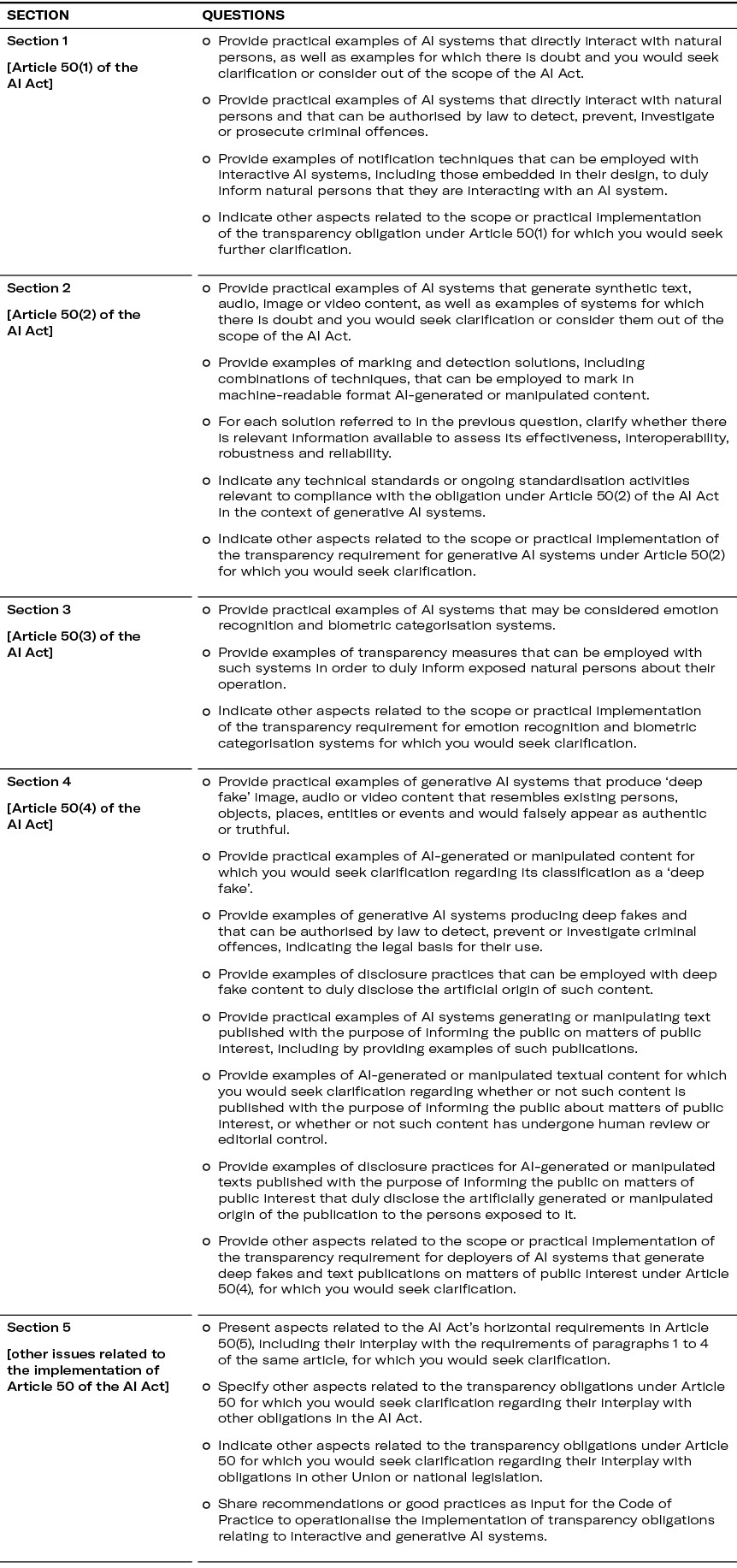-
Services
-
Practice Areas
- Banking and Finance
- Capital Markets
- Corporate M&A
- Dispute Resolution
- Employment and Labour
- EU and Competition Law
- Healthcare, Life Sciences & Pharmaceuticals
- Intellectual Property
- Projects and Energy
- Public Law
- Real Estate and Tourism
- Responsible Business
- Tax
- Technology, Media and Telecommunications
-
Sectors
- Agribusiness
- Banking and financial institutions
- Distribution and retail
- Education
- Energy and natural resources
- Government and public sector
- Healthcare, life sciences and pharmaceuticals
- Infrastructure
- Insurance and pension funds
- Manufacturing
- Mobility, transport and logistics
- Real estate and construction
- Social economy
- Sports
- Tourism and leisure
- Desks
- Buzz Legal
-
Practice Areas
-
People
-
Knowledge
-
Newsletter SubscriptionKeep up to date
Subscribe to PLMJ’s newsletters to receive the most up-to-date legal insights and our invitations to exclusive events.
-
-
About Us
-
Apply hereWe invest in talent
We are looking for people who aim to go further and face the future with confidence.
-
- ESG
-
Services
-
Practice Areas
- Banking and Finance
- Capital Markets
- Corporate M&A
- Dispute Resolution
- Employment and Labour
- EU and Competition Law
- Healthcare, Life Sciences & Pharmaceuticals
- Intellectual Property
- Projects and Energy
- Public Law
- Real Estate and Tourism
- Responsible Business
- Tax
- Technology, Media and Telecommunications
-
Sectors
- Agribusiness
- Banking and financial institutions
- Distribution and retail
- Education
- Energy and natural resources
- Government and public sector
- Healthcare, life sciences and pharmaceuticals
- Infrastructure
- Insurance and pension funds
- Manufacturing
- Mobility, transport and logistics
- Real estate and construction
- Social economy
- Sports
- Tourism and leisure
- Desks
- Buzz Legal
-
Practice Areas
-
People
-
Knowledge
-
Newsletter SubscriptionKeep up to date
Subscribe to PLMJ’s newsletters to receive the most up-to-date legal insights and our invitations to exclusive events.
-
-
About Us
-
Apply hereWe invest in talent
We are looking for people who aim to go further and face the future with confidence.
-
- ESG
Informative Note
Transparent AI Systems
23/09/2025European Commission Public Consultation
The AI Act ensures the reliability of AI systems by implementing various obligations.
Background
Background Regulation (EU) 2024/1689, adopted by the European Parliament and the Council on 13 June 2024 (Artificial Intelligence Act – AI Act), establishes a harmonised framework for the use of artificial intelligence (AI) in the European Union (EU).
The AI Act ensures the reliability of AI systems by implementing various obligations. In particular, Article 50 of the AI Act, on transparency obligations, stipulates the need for:
- Transparency in interaction with AI: AI system providers must clearly inform individuals when they are interacting with an AI system, unless this would be obvious to a reasonably well-informed, observant and circumspect person.
- Labelling of synthetic content: Providers of AI systems that generate synthetic audio, image, video or text content must ensure that the results of the AI system are marked in a machine-readable format that makes it clear they have been artificially generated or manipulated.
- Information on emotion recognition and biometrics: Those responsible for implementing emotion recognition or biometric categorisation systems must inform the individuals concerned and process the data in accordance with EU data protection legislation.
- Disclosure of manipulated or falsified content: Those responsible for implementing an AI system that generates or manipulates image or audio content must disclose that the content has been artificially generated or manipulated.
These transparency obligations will come into force on 2 August 2026.
Consultation on transparency requirements for certain AI systems
On 4 September 2025, the European Commission launched a public consultation to gather input in support of the development of guidelines on transparent AI systems.
This consultation is open to various stakeholders, including providers and deployers of interactive and generative AI models and systems, providers and deployers of biometric categorisation and emotion recognition systems, and public and private sector organisations that use such systems. It is also open to academic and research institutions, civil society organisations, governments, supervisory authorities and the general public.
Interested parties may submit their contributions until 2 October 2025.
Alongside the Public Consultation, the European Commission has also launched a call for expressions of interest to enable interested parties to participate in the process of drafting the first Code of Practice on Transparent Generative AI Systems.
Structure of the Public Consultation
The Public Consultation consists of an online questionnaire, which is structured in five sections with several questions:

Preparing the European ecosystem for transparent and responsible AI
The public consultation is a pivotal moment in the practical implementation of Article 50 of the AI Act.
This initiative by the European Commission will develop interpretative guidelines to provide clarity on Article 50 of the AI Act and assist in the adoption of a Code of Practice defining technical solutions for its practical application. The Code of Practice will serve as a compliance benchmark, guiding stakeholders in meeting the transparency obligations set out in the AI Act. This initiative reflects the EU’s commitment to strengthening confidence in the development and use of AI within the EU.
Active stakeholders participation in the consultation is strongly recommended, as it facilitates effective preparation for compliance with the obligations that will come into force on 2 August 2026. It also allows stakeholders to influence the drafting of the future Code of Practice directly.
Implementing transparency obligations requires robust technical solutions and in-depth reflection on the social, legal and ethical impacts of human-automated system interactions.
The future of AI in Europe will therefore inevitably be shaped by striking the right balance between innovation and responsibility, thereby reinforcing public confidence in the ethical development and use of AI.